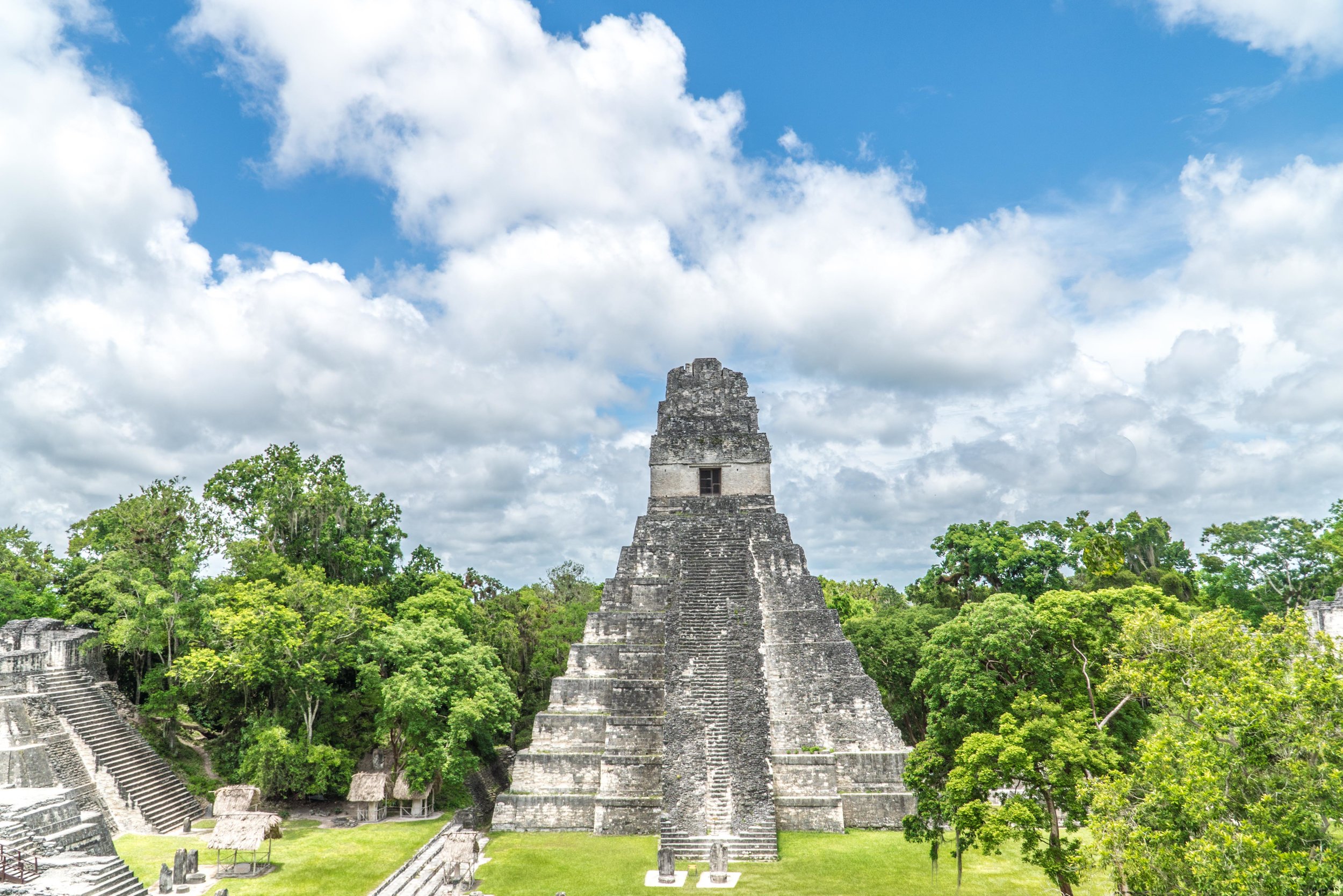Glacier National Park, Where Time Stands Still
I follow the sounds of a harmonica and banjo as I walk through the doors of Glacier Park Lodge, a 101-year-old lodge at the edge of Montana's Glacier National Park. Greeted by a Rocky Mountain goat in front of me and three-story tall Douglas-fir columns towering above me, a fire crackles in the far corner as a male/female duo strums and sings “Wagon Wheel,” which only seems appropriate for this trip to Montana, since the song is about a hitchhiking journey through Middle America. A small group, both young and old, gathers around the couple, listening intently, while behind me, sitting around coffee tables are couples, families and kids engaging in a variety of activities, including games of Scrabble and Checkers, reading books and handwriting letters. The nostalgia and simplicity of the moment stops me dead in my tracks, where time seems to stand still, as a destination’s arts, culture and landscape intersects in a way that few destinations do.
I believe this is one of the greatest gifts of travel. Not that it shows us the world as it is, but rather the world as it was. There are destinations that seem almost impervious to progression and technological advancements. There are no five-star accommodations, WiFi powered by DSL or cable Internet and other luxuries of home. And that’s alright. There are some destinations that I believe exist to show us a world that’s unaffected by time, one that’s been been preserved, protecting its natural environment and history, and thus giving us the privilege to peer through a lens where time seems to stand still. How fortunate we are to live with such accessibility to experience it. And may the integrity of our national and state parks stand the test of time to protect what once was, is and always will be.
I live in Hollywood, literally (or rather West Hollywood, according to my mailing address). Within just a 3-mile radius of my house there are more than 200 restaurants, 25 pubs, 6 Starbucks, 4 7-Elevens, 2 movie theaters, and 1 Target. It’s a city within a city. But it’s for that reason, and many more, that I travel. Los Angeles is such a connected and progressive city, and therefore, when I travel, I want something that I can’t experience here. I want to remove myself from the familiar and put myself in the unfamiliar, devoid of crosswalks, metered parking, and WiFi hotspots. Somewhere that time and life moves at a little bit more of a slower pace, where it’s not about what to do or where to go next, but only what to do right now.
But I feel like it’s assumed that experiences like this are hard to come by in the U.S. We think of U.S. travel in the terms of destinations like Vegas, New York City and even my own town of Los Angeles. These are destinations that to many seem so manufactured, lacking in the history and culture of most of the world, like an Edinburgh, for example, which dates back centuries.
But I believe what may be lacking for a traveler in America’s metros can be found in abundance in America’s national parks. American Pulitzer Prize-winning author Wallace Stegner wrote, “National parks are the best idea we ever had. Absolutely American, absolutely democratic, they reflect us at our best rather than our worst.” There’s a certain nostalgia and history toward America’s national parks that isn’t felt toward the rest of America. And it’s a history that extends much further than just the year it was founded in.
It’s no secret that Glacier National Park, for example, has a history that dates back much further than its date of establishment just 100 years ago. Lewis and Clark are said to have come within 50 miles of what’s now Glacier National Park, but Native Americans were the first to inhabit it, some 10,000 years ago. However, it’s believed that the mountains of Glacier National Park were formed over 170 million year ago. Now how’s that for history?
After a few minutes of singing and dancing to the bluegrass duo’s music at Glacier Park Lodge, I go out to the balcony as the sun sets over the peaks of Glacier National Park. Standing on the balcony, it’s only me, snow-capped mountains and the faint sound of a flowing stream, which I follow along the treeline for a half-mile to a footbridge that hovers over the crystal-clear stream running beneath it. I take a seat, taking in this moment as the sun dips behind the range of snowy mountains.
I went to the woods because I wished to live deliberately, to front only the essential facts of life, and see if I could not learn what it had to teach, and not, when I came to die, discover that I had not lived. -Henry David Thoreau
As I sit, I contemplate the grandness of where I’m at. Here I am in a completely natural, hardly manufactured destination, with nearly all of its original native plant and animal species. If I went much deeper into the wilderness I could potentially encounter a grizzly bear, moose, mountain goat, or even more rare or endangered species like a wolverine (not as in Hugh Jackman) or lynx. It’s a place that decades ago had over 150 glaciers, but now has less than 30, and could have none within the next few years. It’s a destination that some of America’s greatest explorers were at the door of, yet never got to experience firsthand. Yet here I am, flying over craggy peaks, boating by rugged shoreline, and hiking paths that look untouched, as if they are being first explored by me. And for this reason, and many more, I won’t stop exploring, even those destinations that offer such an experience and are nearly in my own backyard.
What trip has given you the most profound sense of nostalgia?













